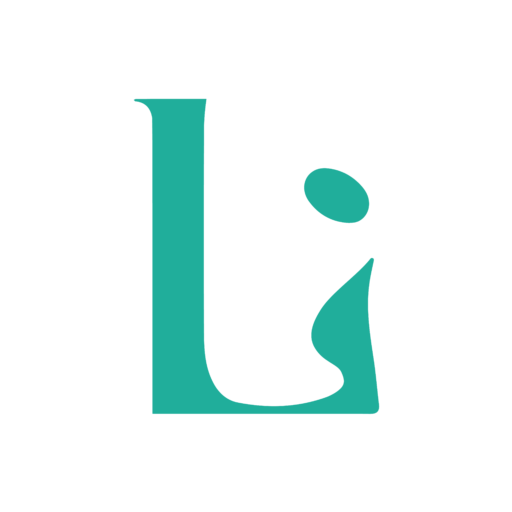Colostrum, often referred to as liquid gold because of its golden yellow color and exceptional nutritional properties, is the first milk produced by the mother after giving birth. This thick, nutrient-rich liquid is crucial for the newborn, offering a multitude of health and development benefits. This article explores the unique characteristics of colostrum and its importance for your baby’s first days of life.
What is colostrum?
Colostrum is the first milk secreted by the mammary glands during pregnancy and up to a few days after birth. It is produced as early as the third trimester of pregnancy and continues until it is gradually replaced by transition milk and then mature milk. Colostrum is denser, thicker and often yellow or orange in color, due to its high carotenoid and vitamin A content.
The composition of colostrum
Colostrum is particularly rich in :
- Proteins: Particularly immunoglobulins (IgA, IgG, IgM), which play a key role in protecting against infection.
- Vitamins: Vitamin A, essential for vision and the baby’s immune system, is present in large quantities.
- Minerals: Contains zinc, magnesium and copper, essential for the development of the newborn’s immune and brain systems.
- Live cells: Like leukocytes, which help fight infection.
The benefits of colostrum
- Immune system boost: Colostrum contains a high concentration of antibodies and white blood cells that protect your newborn against viral and bacterial infections. IgA immunoglobulins present in colostrum line the baby’s gastrointestinal tract, protecting against pathogens and promoting the development of a healthy microbiota.
- Ease digestion and prevent jaundice : Colostrum acts as a natural laxative, helping to expel meconium, the baby’s first thick stool, which also helps prevent neonatal jaundice. Its laxative properties facilitate the elimination of bilirubin, reducing the risk of jaundice.
- Nutrition adapted to the first hours of life : Although produced in small quantities, colostrum is perfectly adapted to the needs of newborn babies. It is low in lactose and fat, but extremely rich in protein and antibodies, facilitating easy digestion and optimal regulation of the baby’s blood sugar levels.
- Organ development and protection : Colostrum contains growth factors that promote the development of the baby’s organs and tissues. It also helps to mature the digestive system, making the baby’s intestines more resistant to infection and inflammation.
The transition to mature milk
After around two to four days, colostrum is replaced by transitional milk, which is creamier and produced in larger quantities. This process is known as lactation. Colostrum evolves into mature milk within the first week, providing complete nutrition for the baby’s continued growth.
What if baby can’t suckle directly?
You can manually express colostrum with the help and support of your midwife/ibclc in the maternity unit. They will also help you store it. You can then feed it to the baby by spoon or nasogastric tube (for very premature babies). Colostrum can also be frozen and used later if necessary.
Conclusion
Colostrum is an extraordinary food that prepares the newborn for its new life outside the womb, offering immune protection, aiding digestion, and contributing to organ development. Its unique composition makes it an indispensable part of early breastfeeding, and every drop counts for your baby’s health and well-being. If you have any questions or difficulties, please ask the Maternity Ward for help.



